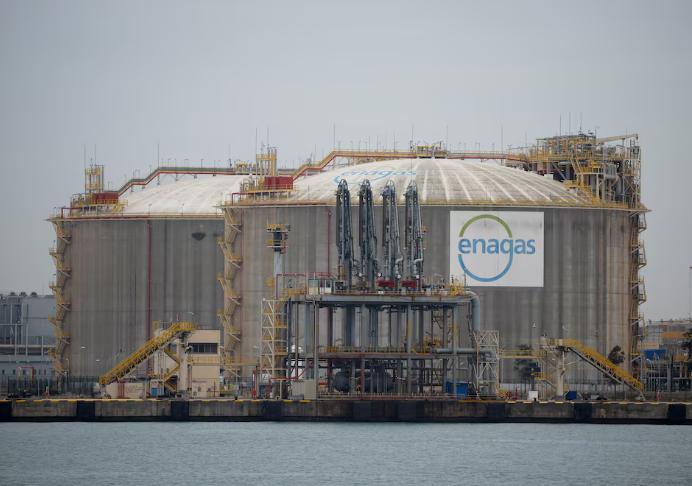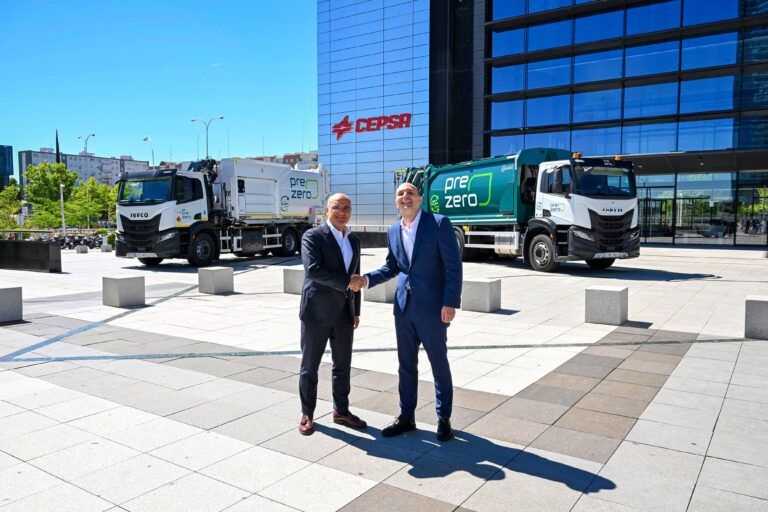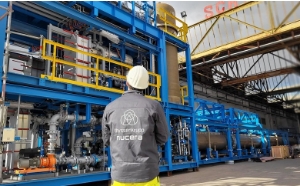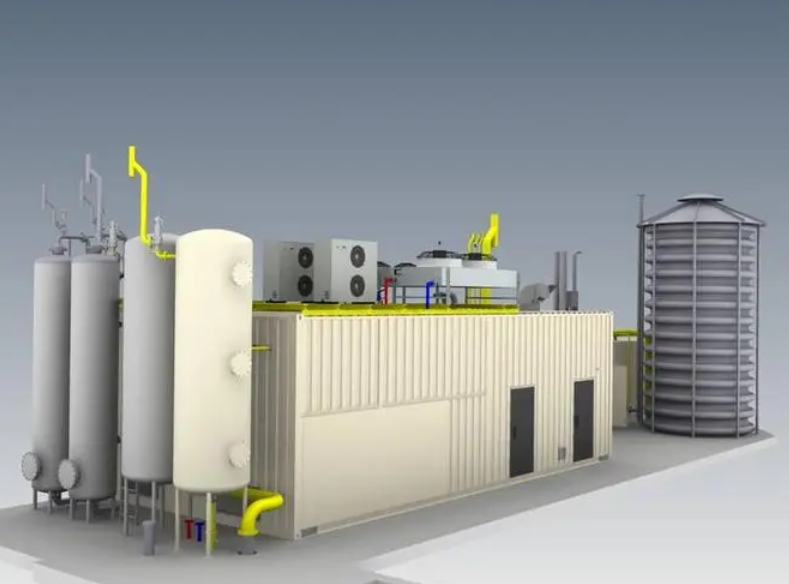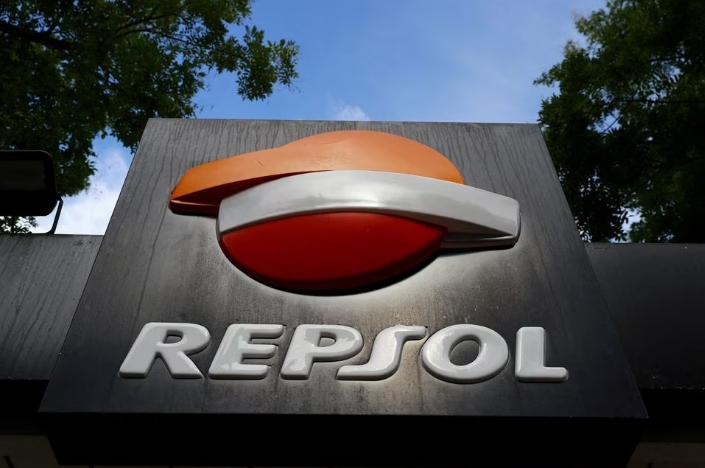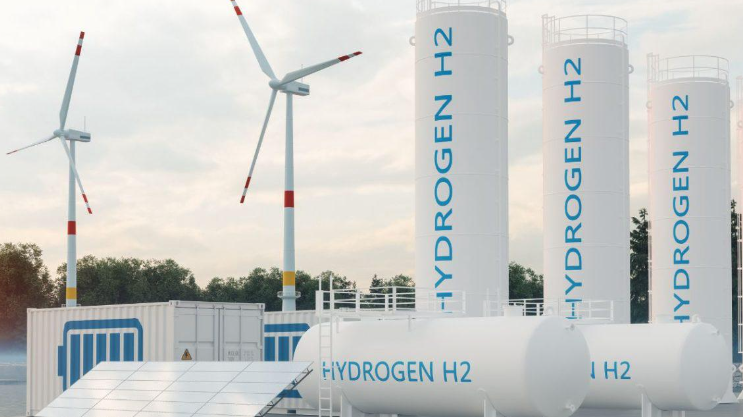
The six-company alliance, which includes ConocoPhillips Canada and Suncor Energy Inc., is advancing the CCS project in the oil province of Alberta as the biggest priority in a multi-project program to curb planet-warming emissions from operations.
“Pathways Alliance is making strides on multiple simultaneous projects that are contributing to its goal of a 22 million tonne annual reduction of CO2 [carbon dioxide] emissions (scopes 1 and 2) from oil sands operations by 2030, on the journey to net zero emissions from operations by 2050”, the group said in a recent press release.
For the CCS project, which has yet to hurdle regulatory clearance and secure investment, the Pathways Alliance said, “Significant engineering, subsurface evaluation and environmental field work has been completed in preparation for imminent regulatory applications”.
The plan is to connect multiple oil sand facilities to the CCS hub planned to rise in the Cold Lake region, where captured CO2 from the facilities would be permanently sequestered.
The project could cut CO2 emissions by about 10 million metric tons to 12 million metric tons per annum (MMtpa) by 2030 and up to 40 MMtpa by 2050, according to the alliance.
“Front end engineering and design work on the proposed 400+ kilometer [249 miles] CO2 transportation line is now more than half complete”, it said.
In the storage component two wells have been drilled and tested for geological insights, according to the alliance, whose four other members are Canadian Natural Resources Ltd., Cenovus Energy Inc., Imperial Oil Ltd. and MEG Energy Corp.
“The environmental field program has been surveying the proposed transportation line and storage hub project areas conducting hundreds of heritage resource assessments, wetland classifications, soil assessments and aquatic habitat evaluations”, it said. “The data gathered in the environmental field program will be used to mitigate any potential impacts of the foundational CCS project on the natural environment”.
Consultation with Indigenous communities started in the fall, the Pathways Alliance said.
Detailing regulatory progress it said applications are expected to be filed late 2023 or early 2024.
The Pathways Alliance added, “Work is ongoing to obtain a carbon sequestration agreement from the Government of Alberta to support regulatory submissions for the carbon storage hub”.
“When complete, the CCS project proposed by Canada’s six largest oil sands companies would be one of the world’s largest CCS networks and play an essential role in helping Alberta and Canada progress their net zero ambitions”, it said.
The Pathways Alliance estimated the needed investment at $16.5 million.
It is eyeing $24 billion in total for the first phase of its multi-project emissions reduction program.
“Next steps build on more than $1.8 billion already spent by Pathways Alliance members on phase one projects”, it said.
These phase one projects include cogeneration to replace more polluting fuels used in power and steam generation, as well as more efficient recovery technologies for in situ oil sands.
The Pathways Alliance is also researching and developing over 50 emissions abatement tech projects, it said.
“Emissions reduction investments continue to be made with the bulk spend for construction of the total CCS project later this decade subject to completion of Indigenous consultation, regulatory review and decisions, and final investment decisions”, it said.
Alliance president Kendall Dilling said in a statement, “The emissions reduction efforts of Pathways Alliance members, working together with governments, will help ensure the oil sands sector can continue to provide hundreds of thousands of jobs across Canada, tens of billions of dollars in annual revenues for governments and the energy security needed for Canada and globally for decades to come”.
